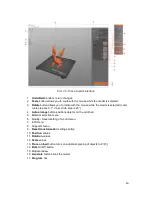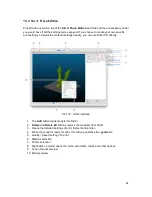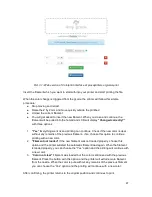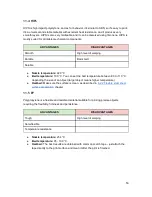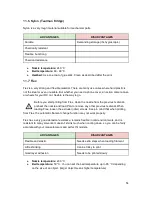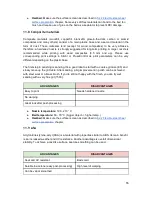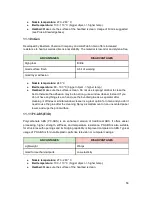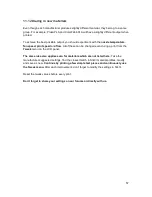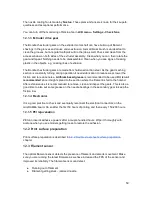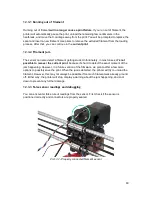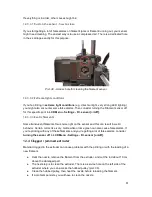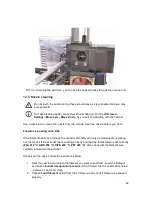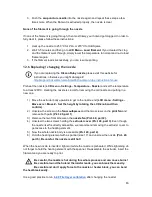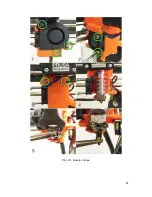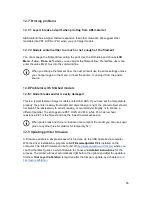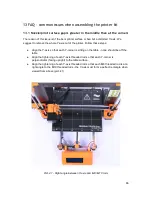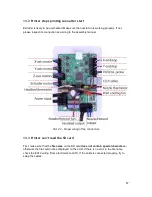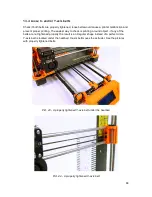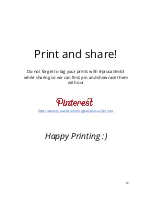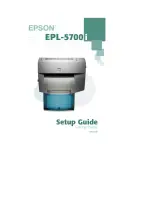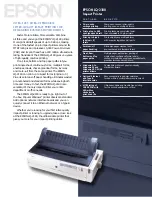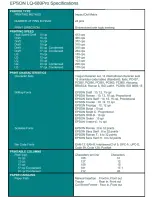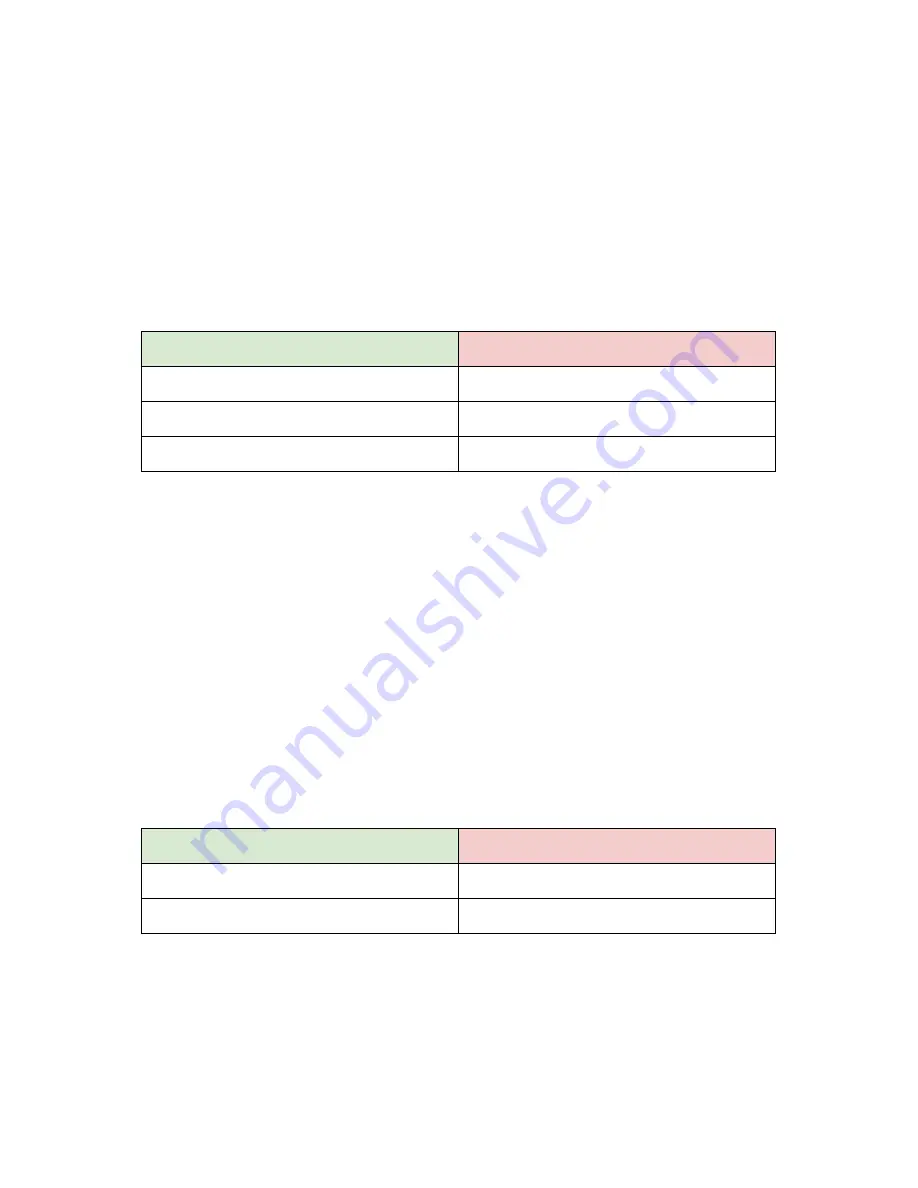
● Nozzle temperature:
270 - 280 °C
● Bed temperature:
100 - 110 °C (bigger object -> higher temp.)
● Heatbed:
Make sure the surface of the heatbed is clean. Usage of brim is suggested
(see Prusa Knowledgebase).
11.10 nGen
Developed by Eastman Chemical Company and colorFabb, nGen offers increased
resistance to heat as well as dimensional stability. The material is low-odor and styrene-free.
ADVANTAGES
DISADVANTAGES
High gloss
Brittle
Good surface finish
A bit of warping
Good layer adhesion
● Nozzle temperature:
240 °C
● Bed temperature:
80 - 100 °C (bigger object -> higher temp.)
● Heatbed:
Make sure the surface is clean. Do not use isopropyl alcohol to clean the
bed, otherwise the adhesion may be too strong, use window cleaner instead. If you
do not have anything else on hand, use the bundled glue as a separator after
cleaning it. Windex or similar window cleaner is a great option for nGen and you don’t
need to use the glue after the cleaning. Spray a small amount on an unscented paper
towel, and wipe the print surface.
11.11 PC-ABS (E3D)
Polycarbonate ABS (PC-ABS) is an enhanced version of traditional ABS. It offers easier
processing, higher strength, stiffness, and temperature resistance. PC-ABS is also suitable
for structures with openings and its bridging capability is improved compared to ABS. Typical
usage of PC-ABS is for durable plastic parts like television or computer casings.
ADVANTAGES
DISADVANTAGES
Lightweight
Warps
Good for mechanical parts
Low elasticity
● Nozzle temperature:
270 - 280 °C
● Bed temperature:
100 - 110 °C (bigger object -> higher temp.)
● Heatbed:
Make sure the surface of the heatbed is clean.
56
Summary of Contents for i3 MK2.5
Page 1: ......
Page 64: ...Pict 40 Nozzle change 64 ...


